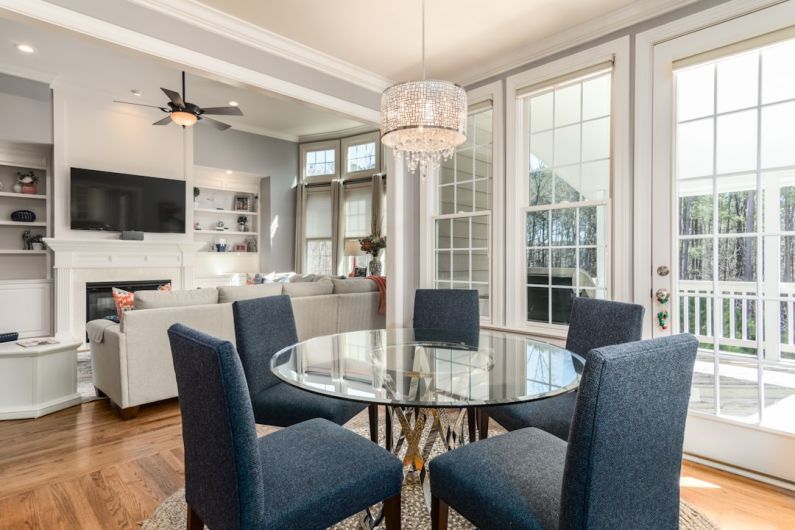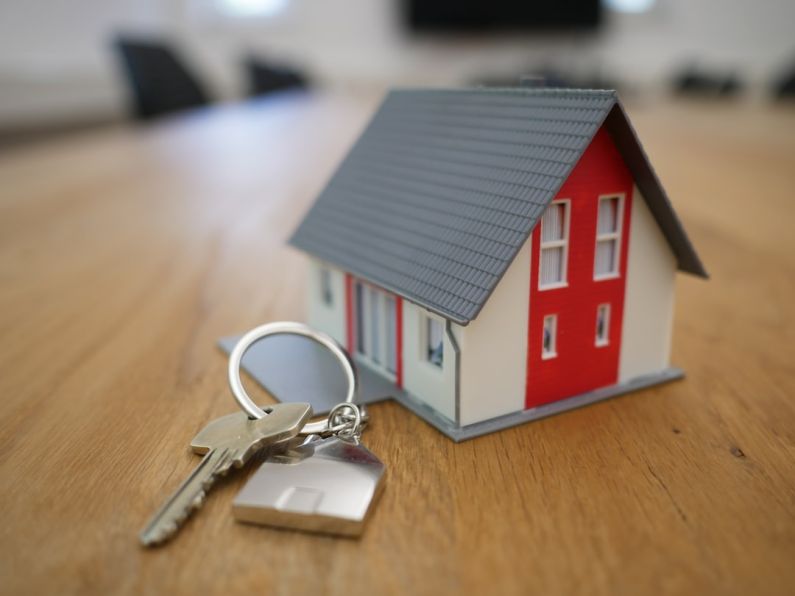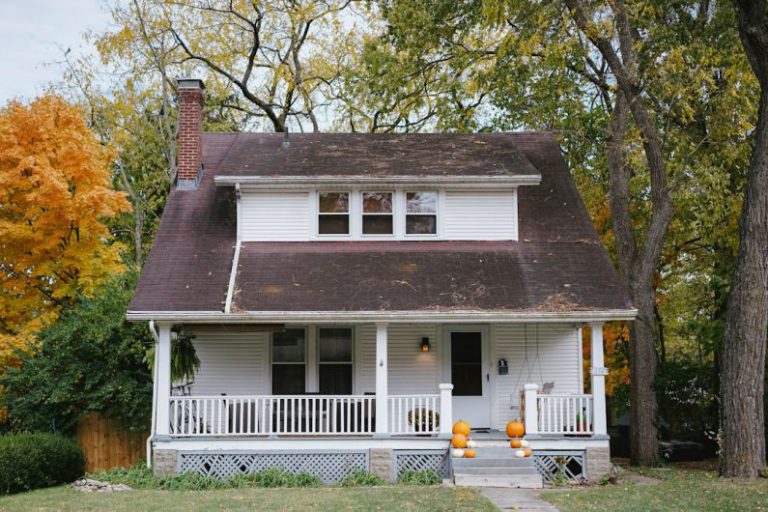How to Negotiate Real Estate Prices Like a Pro?
Buying a property is one of the biggest financial decisions you can make in your lifetime. Whether you are a first-time buyer or a seasoned investor, negotiating real estate prices can be a daunting task. However, with the right knowledge and strategies, you can negotiate like a pro and potentially save thousands of dollars. In this article, we will share some expert tips on how to negotiate real estate prices effectively.
Do Your Research
Before entering into negotiations, it is crucial to do your homework. Research the local market to get a clear understanding of property prices in the area. Look at recent sales data, comparable properties, and trends. This will give you a realistic idea of what similar properties are selling for, enabling you to negotiate from a position of strength.
Set Your Budget
Determine your budget before you begin your property search. By setting a budget, you will have a clear idea of your financial limits and what you can afford. This will help you negotiate with confidence and avoid overpaying for a property. Remember to take into account additional costs such as closing fees, inspections, and repairs when calculating your budget.
Get Pre-Approved for a Mortgage
Having a pre-approval letter from a lender can give you an edge during negotiations. It shows sellers that you are a serious buyer and have the financial means to purchase the property. Additionally, getting pre-approved will give you a clear understanding of how much you can borrow, helping you negotiate a price that aligns with your budget.
Understand the Seller’s Motivation
Understanding the seller’s motivation can give you valuable insights during negotiations. Are they in a hurry to sell? Are they downsizing or relocating? Knowing their motivation can help you tailor your negotiation strategy accordingly. For example, if the seller is in a hurry to sell, you may have more leverage to negotiate a lower price.
Start with a Reasonable Offer
When making an offer, it is essential to start with a reasonable and well-researched figure. A low-ball offer may offend the seller and hinder negotiations, while an overly generous offer may leave you overpaying. Base your offer on the market value of the property and any additional factors such as repairs or renovations needed.
Focus on the Property’s Condition and Market Value
During negotiations, focus on the property’s condition and market value. Point out any defects or repairs that need to be addressed and how they affect the property’s value. Additionally, highlight any unique features or upgrades that may increase its value. By emphasizing these factors, you can negotiate a more favorable price.
Be Patient and Flexible
Negotiations can take time, so be patient and flexible throughout the process. Avoid rushing into a deal or being too rigid with your terms. Sometimes, a slow and steady approach can lead to a better outcome. Be open to compromise and willing to explore different options to find a win-win situation for both parties.
Consider Non-Price Factors
Real estate negotiations are not just about the price. Consider other non-price factors that may be important to the seller, such as the closing date, contingencies, or repairs. By accommodating their needs and being flexible, you can strengthen your position and increase the chances of reaching an agreement.
In conclusion,
Negotiating real estate prices requires preparation, research, and a strategic approach. By doing your homework, understanding the seller’s motivation, and focusing on the property’s condition and market value, you can negotiate like a pro. Remember to be patient, flexible, and consider non-price factors to reach a successful outcome. With these expert tips, you can navigate the negotiation process with confidence and potentially save thousands of dollars on your next real estate purchase.






